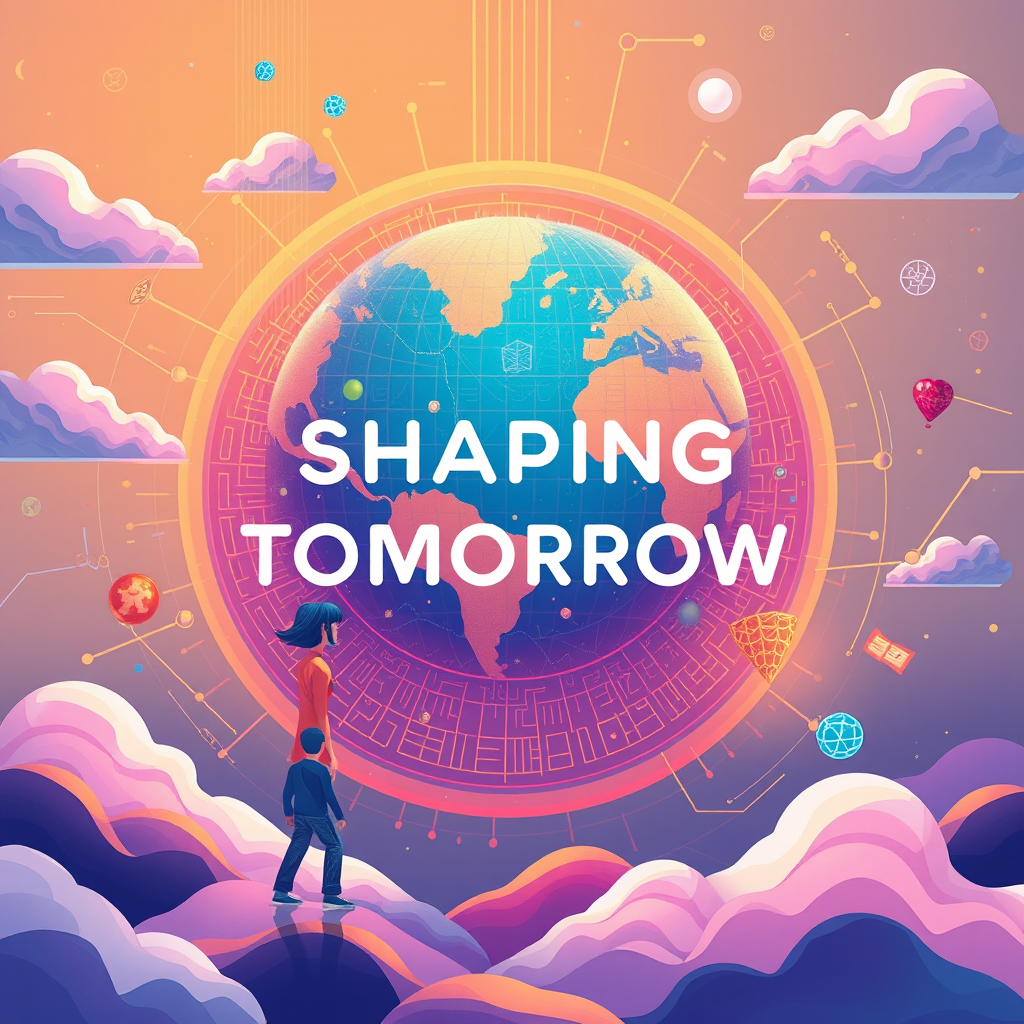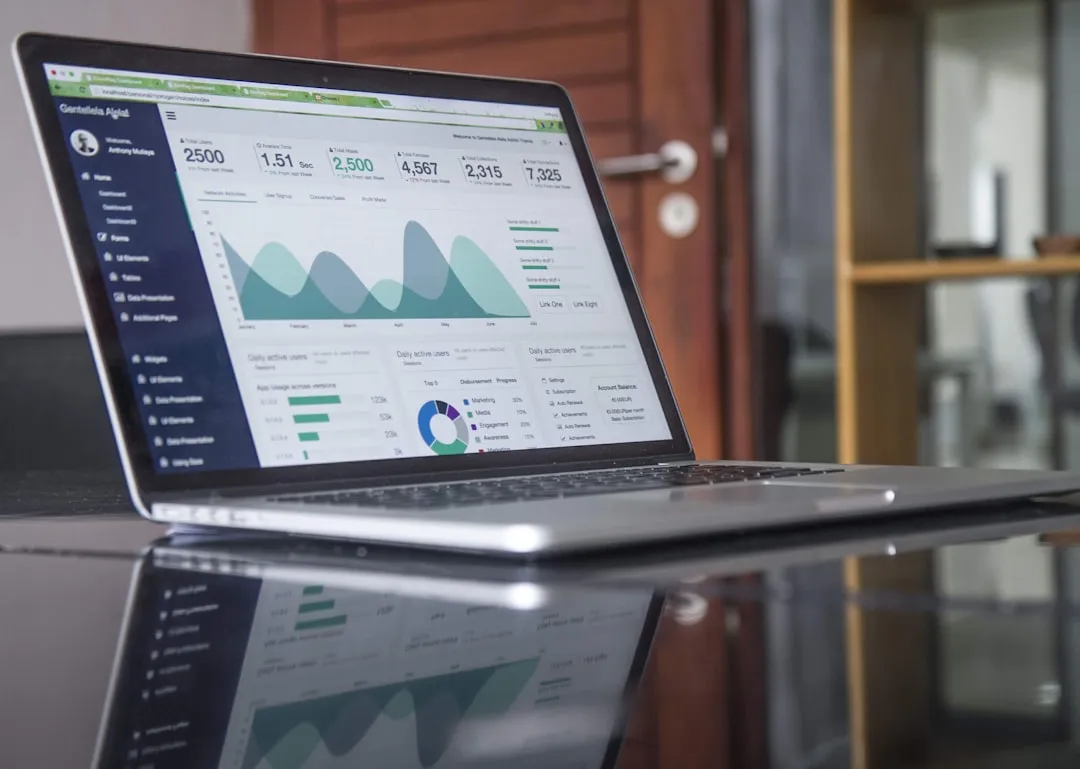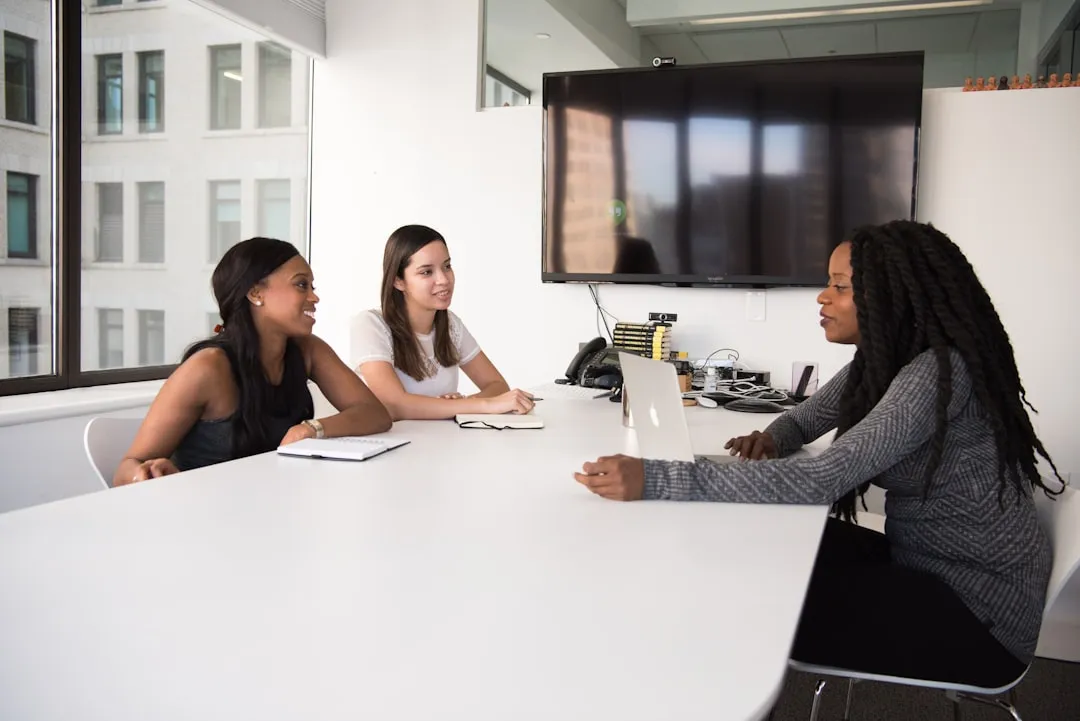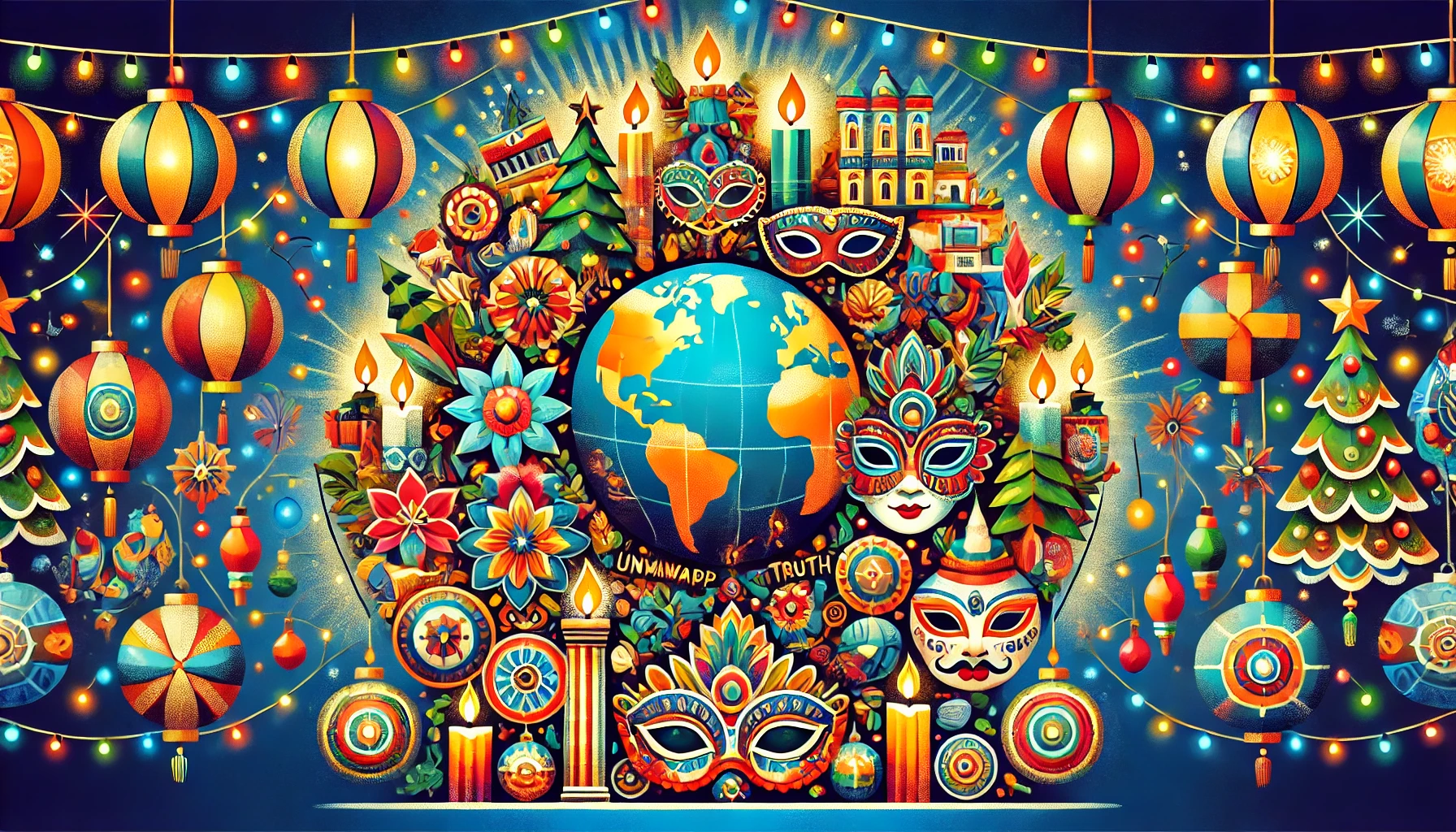In the midst of a bustling city, beneath the glare of neon lights and the hum of electric cars, a reality unlike anything we’ve seen before is emerging. It's an era in which Artificial Intelligence (AI) isn't merely a concept reserved for tech enthusiasts but a daily companion, helping reshape our world and how we navigate it. This transformation is everywhere: in our workplaces, homes, and even in our minds. So, what is driving this change and how will it all unfold? Join me on a journey to explore the transformative power of AI, guiding us towards an uncertain yet thrilling tomorrow.
A World Transformed: The Current Landscape of AI
Recent developments in AI technology continue to astonish. From advanced generative models capable of creating realistic images and music to algorithms that outperform humans in various tasks, the landscape is always evolving.
For example, the release of OpenAI's GPT-4 has captivated the tech community and beyond, enhancing natural language processing capabilities that allow for more nuanced conversations between computers and users. Similarly, Google's Bard has made waves in how we access and understand information, leveraging AI to reframe our relationship with knowledge. These advancements have sparked discussions on their implications for various sectors, from healthcare to finance, demonstrating that AI’s footprint is both broad and deep.
AI in Healthcare: Revolutionizing Patient Care
One of the most significant impacts of AI can be seen in healthcare. Imagine a world where doctors wield the power of AI to diagnose illnesses with unprecedented accuracy, streamline patient care, and even predict outbreaks of diseases before they escalate.
Take, for instance, AI algorithms currently being used for early detection of diseases such as cancer. These tools analyze medical images significantly faster and with higher precision than humans, leading to earlier interventions and better patient outcomes. In addition, AI-powered chatbots are already providing mental health support, making services more accessible to those in need.
Indeed, stories are emerging of individuals whose lives were turned around thanks to this technology. A young woman may have avoided a late-stage diagnosis, or a patient might navigate their mental health crisis thanks to timely assistance from an AI-driven application. Such narratives illustrate how AI can illuminate pathways in fields once marred by uncertainty.
The AI Workforce: Collaboration, Not Replacement
As AI revolutionizes industries, apprehensions about job displacement loom large. However, a closer examination reveals a different story. A report by McKinsey & Company indicates that while certain roles may vanish, many more will be created—roles that require uniquely human qualities, such as creativity and emotional intelligence.
Take the case of warehouse workers whose tasks have been augmented with AI. Rather than replacing these workers, AI enhances their efficiency, allowing them to focus on complex problem-solving and oversight, which machines cannot easily replicate. Workers who embrace this collaboration are finding new opportunities to develop their skills, opening doors to career paths that didn’t exist a decade ago.
Indeed, the narrative is not one of competition but of collaboration. When humans and AI team up, they can achieve remarkable results—solving problems and sparking innovations that drive progress.
Ethical Considerations: Navigating the Minefield
To understand AI’s transformative power, we must also confront the ethical implications that accompany its rise. High-profile discussions around AI biases, invasion of privacy, and job displacements have entered mainstream dialogue, compelling organizations, researchers, and policymakers to tread carefully.
For example, a recent report from the AI Now Institute highlighted concerns regarding the use of AI in policing, where biased algorithms could exacerbate existing social inequalities. This has led to calls for transparency, accountability, and regulations that ensure AI technologies are developed and implemented responsibly.
The Need for Policy and Governance
As the stakes rise, the demand for effective policies and frameworks to manage AI’s evolution becomes crucial. While governments worldwide are acknowledging these challenges, actions have been inconsistent. Countries like the European Union are taking significant steps towards establishing regulations that promote ethical AI, setting standards that balance innovation with societal concerns.
A key figure in this dialogue is AI ethicist Kate Crawford, who advocates for understanding the societal impacts of AI. Her perspective emphasizes that AI is not just a technological phenomenon but a cultural one, requiring broader societal engagement to harness its potential responsibly.
The Creative Frontier: AI in Art and Design
Beyond practical applications, AI is also breaking new ground in creative fields. Artists are now turning to AI as a tool for inspiration and collaboration. By using algorithms to generate artworks or compose music, they are expanding the horizons of creative expression.
For instance, the partnership between artists and AI programs like DALL-E has birthed unique art pieces that blend human creativity with machine intelligence. This has not only challenged traditional notions of authorship and originality but has also democratized artistic creation, allowing anyone with access to these tools to explore their artistic voice.
Emotional Connections and Human Stories
As we navigate this brave new world of AI, it’s essential to remember the stories behind the technology. Individuals are harnessing AI to address personal challenges, leading to transformative experiences that resonate at a human level. Whether it’s a musician finding a creative partner in an AI tool, or a small business leveraging algorithms to engage customers in innovative ways, AI is becoming a beacon of possibility.
Consider the tale of a local restaurant owner who implemented AI-driven analytics to revamp their menu based on customer preferences, leading to a surge in business during difficult times. These stories highlight the profound impact of AI on not just industries, but on individuals and communities.
Embracing an Uncertain Future
As we stand on the precipice of a future shaped by AI, uncertainty and excitement intermingle. While we have witnessed the tangible benefits of AI, from enhanced healthcare to creative endeavors, challenges abound, demanding our attention and action. It is up to us—technologists, policymakers, artists, and citizens—to guide this evolution responsibly.
The Call to Action
As we reshape our world, we have a duty to educate ourselves about AI and its implications. Engaging in conversations around technology, advocating for ethical practices, and exploring the intersection between AI and our lives are vital steps in ensuring a harmonious coexistence.
Ultimately, the adventure ahead is not just about technology; it’s about humanity's ability to adapt, learn, and innovate. As we shape tomorrow, let the question not be what AI can do for us, but rather, how together, we can harness its potential for a better future.
With every step forward, our collective narrative will continue to unfold—nurtured by curiosity, compassion, and the transformative power of AI. In this journey, we will not just witness history but become active participants in shaping it for generations to come.


 Remote Work: Mastering Productivity in 2024
Remote Work: Mastering Productivity in 2024
 2024's Remote Work Trends: Surprising Shifts to Watch For
2024's Remote Work Trends: Surprising Shifts to Watch For
 Maximize Productivity with These Remote Work Hacks
Maximize Productivity with These Remote Work Hacks
 Unwrapping the Truth: Fascinating Facts About Popular Holidays Around the World
Unwrapping the Truth: Fascinating Facts About Popular Holidays Around the World
 Exploring Pat Fallon: Insights from a Creative Visionary
Exploring Pat Fallon: Insights from a Creative Visionary